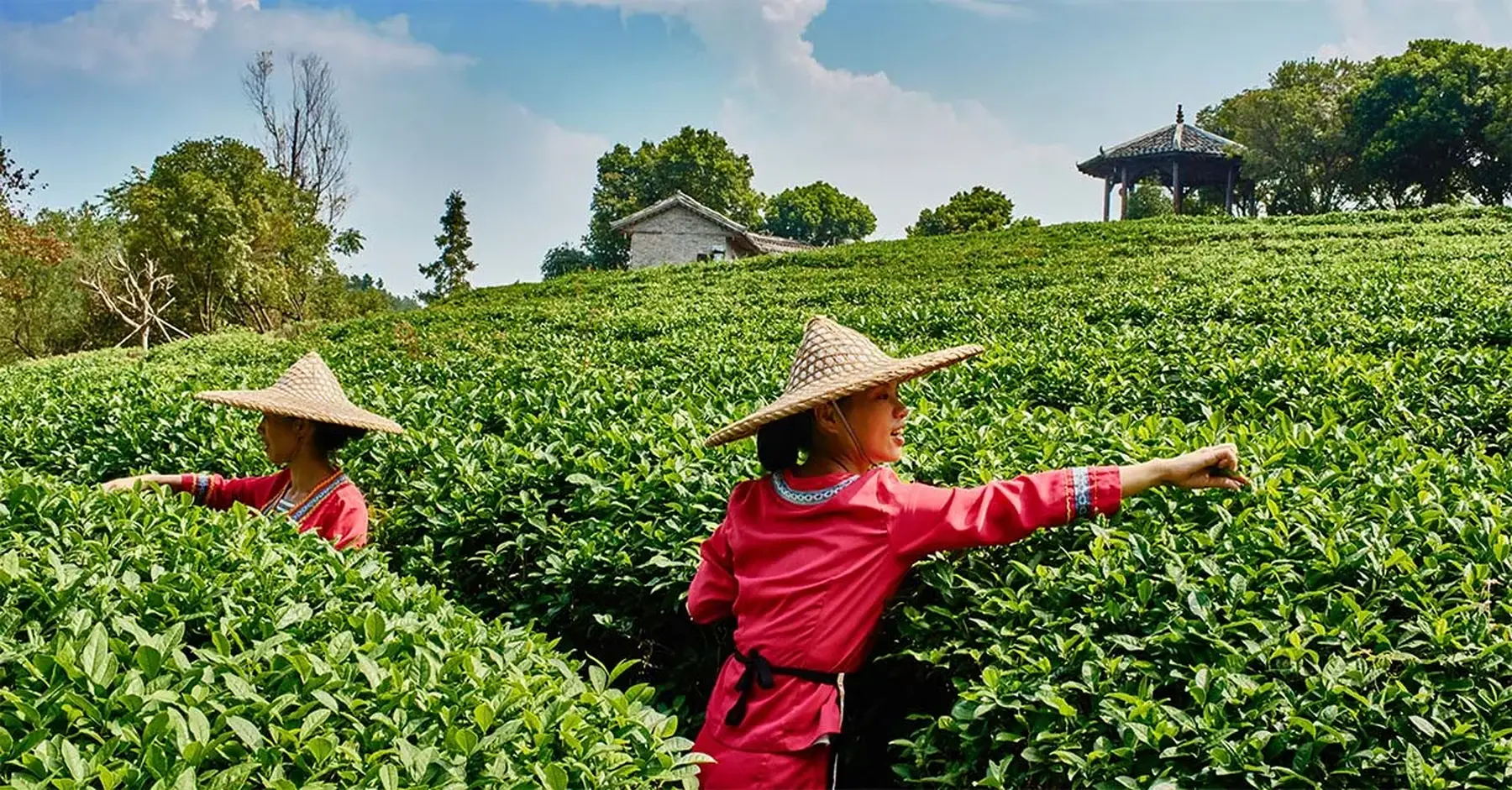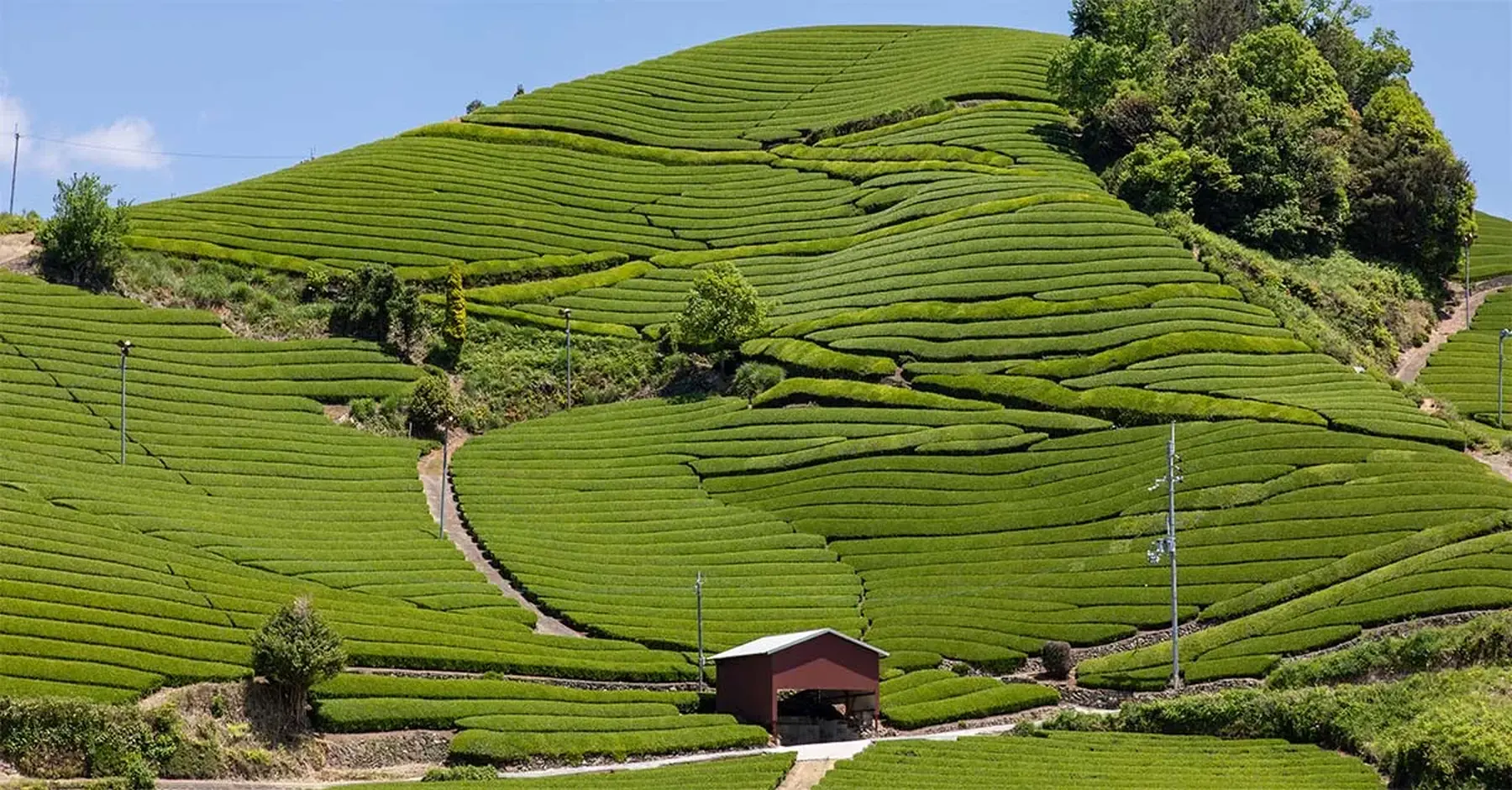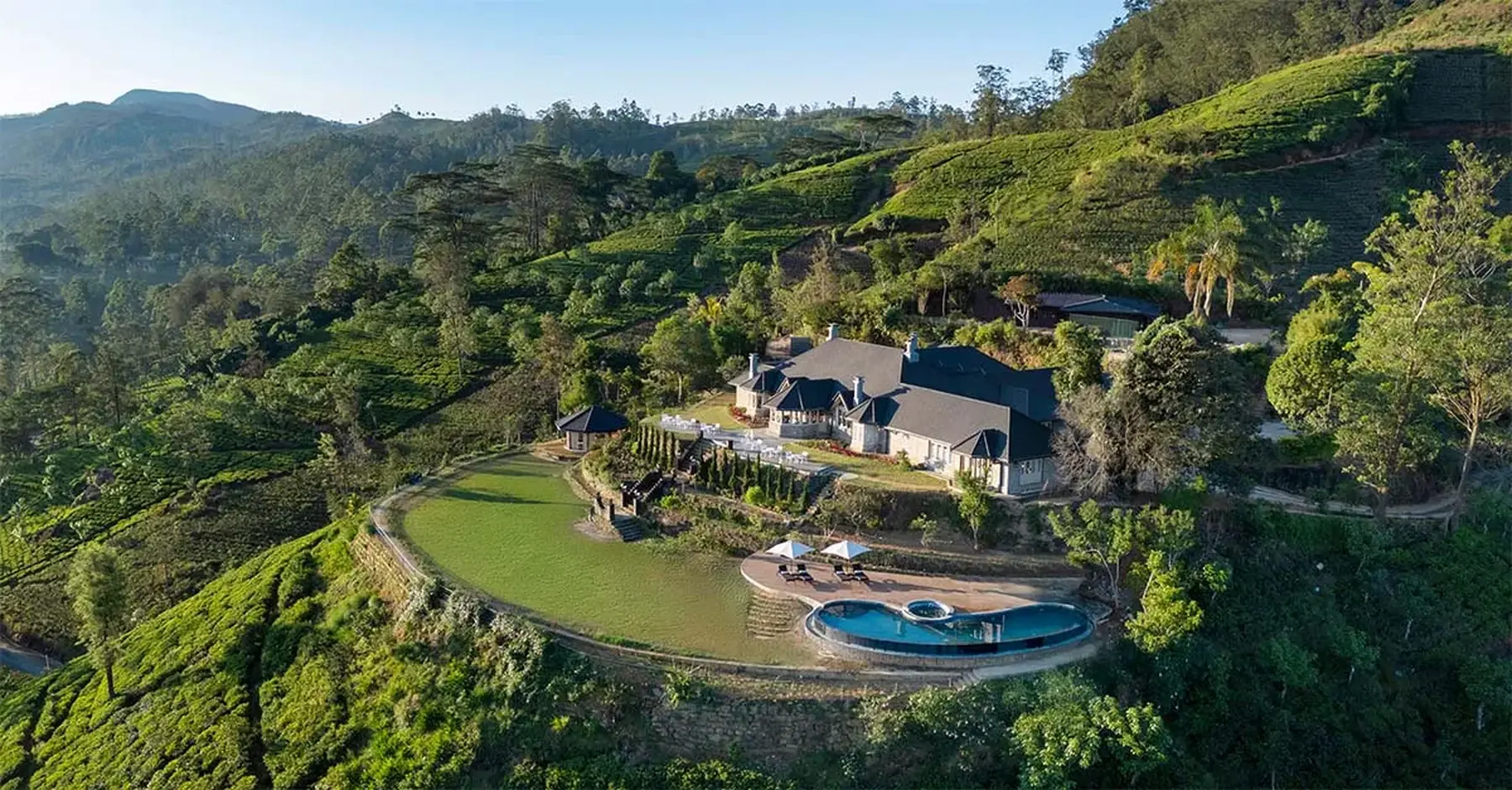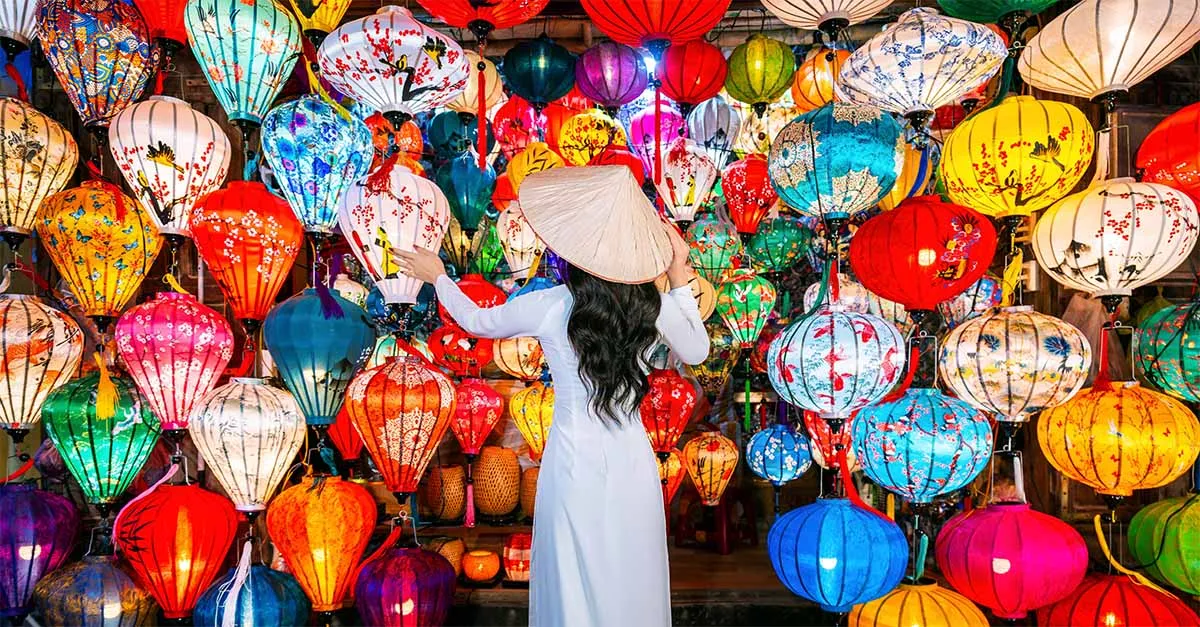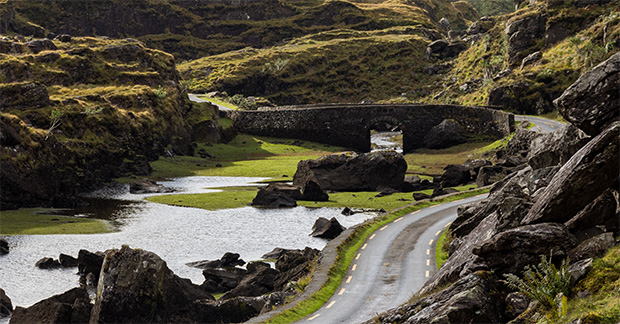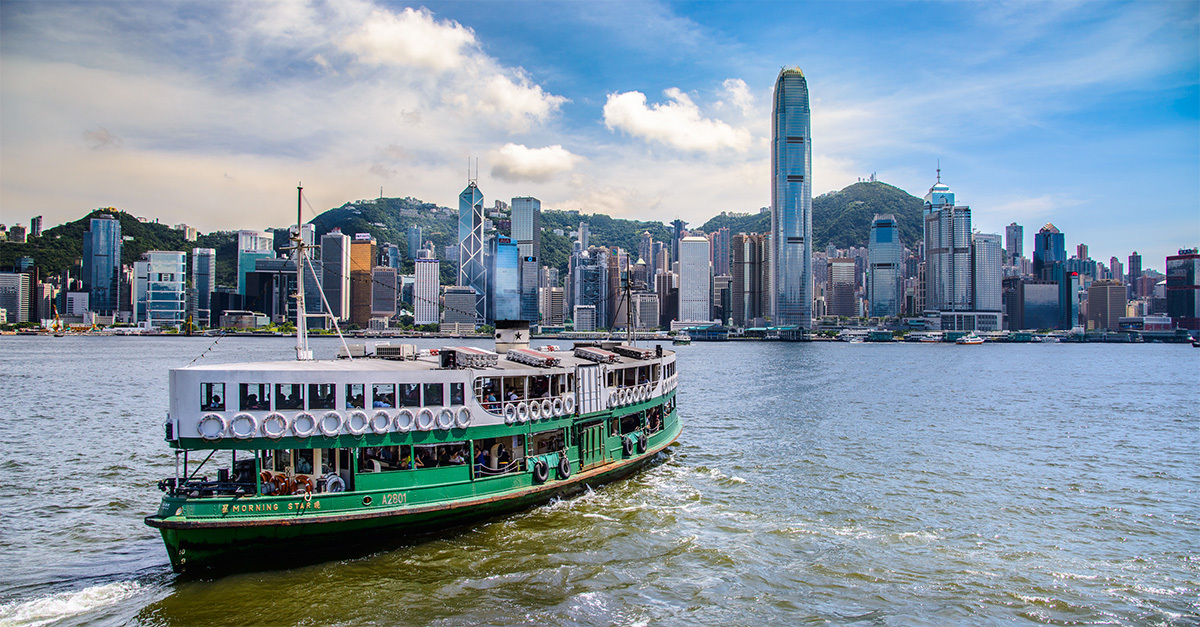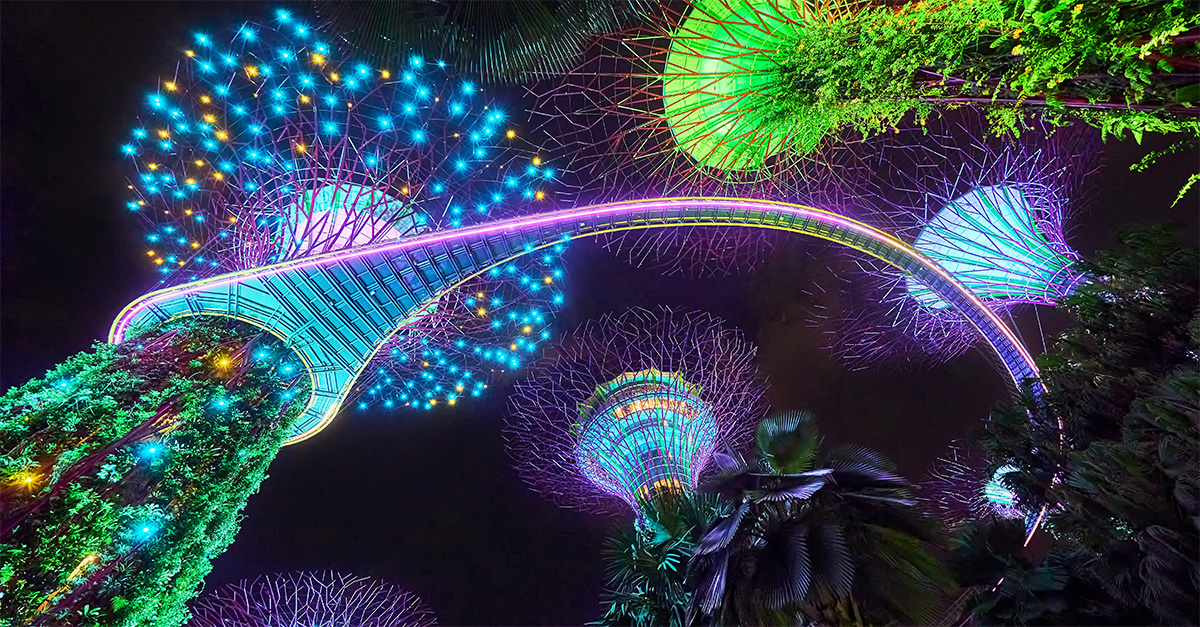You are viewing 2 of your 2 free articles
Love a cuppa? Try 3 of the best tea-inspired trips
To take in plantations and tastings, book a tea-themed break
Click here to download and save as a PDF
In the same way as many people in the UK, I start – and often end – the day with a hot, comforting cup of tea.
It’s the most popular beverage in the world, after water, and is the lynchpin of a growing ‘tea tourism’ industry.
As travellers increasingly look to combine slow travel with wellness, local culture and authentic food experiences – and particularly as many millennial and Gen Z clients seek out alternatives to alcohol – strolling through a tea plantation or taking part in a traditional tea ceremony can be a way to offer clients deeper immersion in their chosen destination.
Whether it’s masala chai in India, a perfectly sweetened mint tea in Morocco, antioxidant-rich matcha in Japan, high-caffeine yerba mate in Argentina or even a yak butter tea in parts of Tibet, there are almost endless opportunities to turn tea traditions into a reason to travel.
Here, we go to the ancient roots of tea culture in China then explore other Asian nations where the love of tea has taken hold, with tea-inspired trips to suit all budgets and brews.
China
Tea lovers with a taste for adventure should consider a visit to China, the birthplace of tea and the world’s biggest producer, churning out more than two million tonnes of tea per year. An escorted tour is the easiest way to truly get to grips with this vast nation, and Mercury Holidays’ 14-day Glorious China itinerary combines hilly tea-growing landscapes with fast-paced modern cities.
After settling into Shanghai’s subtropical climate – with excursions to the pagoda-packed Yuyuan Gardens and the picturesque floating town of Zhujiajiao – clients fly down to Guilin in Guangxi. Guilin’s 99-acre Tea Science and Research Institute covers everything your clients might want to know about the magic of tea production, from the climate it requires to the rolling, shaking, withering and baking processes, as well as the medicinal properties of a brew.
Clients will get to explore a plantation, where they can breathe in the earthy scent of the soil and put their taste buds to the test identifying the differences between five local varieties, since Guilin is known for producing white tea, green tea and even infusions made from osmanthus blooms.
A tranquil cruise along the Li River brings the group to Yangshuo, a town dominated by foliage covered karsts where clients can explore the markets and sleepy streets by bike or on foot.
The trip continues to Xi’an to see the Terracotta Warriors, before finishing in Beijing, where they’ll visit a traditional teahouse for a tea ceremony. Water is heated to the optimum temperature for the type of tea (in this case, oolong), while the host teaches travellers about the complex history and etiquette surrounding the consumption of Chinese tea.
Book it: Mercury Holidays’ 14-day Glorious China tour starts at £2,699 per person, based on two sharing. The price includes all meals, ground transport, excursions and flights from Heathrow on October 21.
mercuryholidays.co.uk
Japan
Image credit: Shutterstock/Hiroshi H
Japanese tea culture extends beyond the bounds of food and drink – it’s an art form, governed by a strict set of rules that dictate the desired aesthetics, appropriate dress and acceptable ways to give and receive tea.
Kyoto is home to Japan’s most famous teahouse district, Gion, where immaculately dressed geisha and maiko (apprentice geisha) welcome guests with an elegant matcha ceremony, engaging them with polite small talk, perfectly brewed bowls of green tea and pretty, petite sweets called wagashi.
InsideJapan Tours’ self-guided Gastronomic Adventure gives clients the chance to experience a Kyoto tea ceremony, where they’ll kneel on a tatami mat floor while an English-speaking, kimonowearing host explains the delicate dance of ritual and conversation that typically takes place.
If clients are craving more tea know-how while in Kyoto, they can take a short train ride to the suburb of Uji (perhaps en route to the ornate former capital at Nara), where verdant mountains provide the ideal climate for growing tea. This region has been a centre of tea production for 800 years, and it’s claimed to be the birthplace not only of matcha, but of sencha and gyokuro – two types of steeped green tea. Once they’ve explored the interactive Chazuna tea museum, visitors can pick tea in the fields to get a sense for how the leaf harvest works in spring and summer.
While travelling around the main island of Honshu, clients will also be able to savour a range of foodie experiences. The tone is set for a tasty adventure in Tokyo, where an izakaya (tavern) introduces travellers to lively small-plate dining. The following days include sake tasting in the mountain town of Takayama, a soba noodle workshop in Matsuyama, slap-up street food in Osaka and shojin ryori – the vegetarian Buddhist meals eaten during a temple stay.
Book it: The 14-night self-guided Gastronomic Adventure starts at £3,520 per person, based on two sharing. The price includes excursions, a trip to Uji’s tea fields, Kyoto tea ceremony, breakfasts and select dinners and food experiences. Flights are extra.
insidejapantours.com
Sri Lanka
Image credit: Uga Halloowella
Sri Lankan hotel brand Uga opened a five-star bolthole – Uga Halloowella – in January in the heart of the island’s tea country. It’s set 1,440 metres above sea level and overlooks the Castlereigh Reservoir, an estate dating to 1880, around the time when British planters settled in the highlands to cultivate tea. Uga Halloowella reflects its colonial past, featuring cosy pinewood-panelled walls and teak furniture, plus a pretty lawn and infinity pool.
Included in a stay is a trip to the Chrysler’s Farm Tea Factory, where guests will see how tea leaves are hand-picked. If they are there during the harvest, they can meet women who pick the tea – about 65% of the tea workforce in Sri Lanka is female. The factory tour is followed by a tasting of freshly brewed Ceylon blends.
If clients want to immerse themselves further into Sri Lanka’s tea heartlands, they’re in luck: Uga Halloowella is a stone’s throw from the 186-mile Pekoe Trail, which opened at the end of 2023.
This stage of the long-distance hiking and biking trail is just over 10 miles and runs between the villages of Kotagala and Norwood, but the hotel can organise a leisurely hike along part of the trail that finishes with a lakeside picnic. En route, walkers will pass a handful of 19th-century tea factories, undulating tea terraces, cricket clubs, churches and vibrant Hindu temples.
This property is best visited as part of a multi-centre trip: walk up to the dramatic Unesco World Heritage fortress at Sigiriya; explore historic architecture in Kandy; take the scenic train from Hatton to Ella, with views over verdant tea plantations along the way; and tag on a few days at a beach resort to relax with a cup of tea.
Book it: Kuoni can arrange a 13-night all-inclusive Luxury Sri Lanka itinerary from £5,250 per person, based on two sharing. The price includes select excursions, two nights at Uga Halloowella, transfers, a private chauffeur and flights departing from Heathrow on certain dates in September.
kuoni.co.uk
Best of the rest
India: To combine tea plantations with fabulous food and fragrant fields of cumin, cardamom and pepper, suggest Explore’s A Taste of Southern India: Temples and Tea Plantations itinerary. From £1,199 per person, excluding flights.
explore.co.uk
Azores: Few places in Europe have the right climate for tea, but these Portuguese isles have the perfect terrain. On Intrepid Travel’s Highlights of the Azores trip, clients visit a tea plantation and taste its speciality pekoe and broken leaf blends. From £1,930 per person in 2026, excluding flights.
intrepidtravel.com
Taiwan: On Wendy Wu Tours’ 14-day Treasures of Taiwan trip, clients visit a tea farm to learn how the plants are grown and hear about an indigenous wild variety that can be made into a refreshing oolong. From £4,990 per person, including flights.
wendywutours.co.uk
Lead image credit: Shutterstock/OSTILL is Franck Camhi

